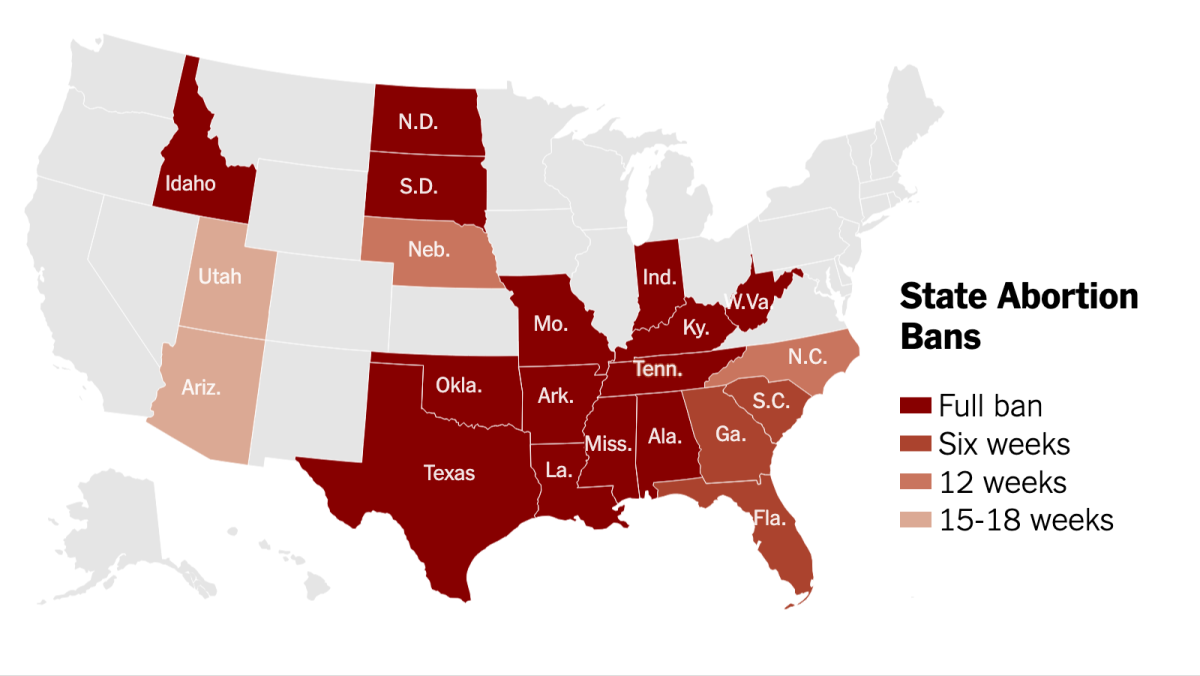Electric cars are not as environmentally friendly as we think. While electric cars offer environmental benefits, there seems to be some non useful and negative effects coming out of it. In fact, a study by Massachusetts Institute of Technology found that electric cars actually produce more greenhouse gasses than gasoline-powered cars in some cases.
One concern is that electric cars use big batteries. The batteries frequently used are called EV battery – lithium-ion and nickel-metal hydride. This battery takes a lot of time and effort to make, and is typically used for a lot of smaller items, like electric razors, tooth brushes, cameras, camcorders, and mobile phones. All those things are very small batteries. The battery size in a Tesla is 98 kWh whereas the toothbrush battery is 0.00075 kWh. The production of electric batteries of this size raises environmental concerns. Extracting raw materials from earth for battery prediction including lithium and cobalt, for battery production can have negative environmental impacts. The mining process that goes on when making the batteries used for electric cars creates a climate impact that’s not beneficial for the world. As well as creating more carbon pollution than already being made. The electric grid used for charging stations and chargers can overload the power grid and increase electricity demand. Additionally, the disposal of used batteries requires proper recycling methods to prevent pollution. When an electric car battery reaches the end of their life, they need to be properly disposed of or recycled. Improper disposal can lead to environmental contamination due to the toxic chemicals and heavy metals present in the batteries. If not handled correctly, these substances can seep into the soil and water, posing risks to ecosystems and human health. Additionally the car batteries have a limited life span from 8-10 years after they can be replaced but are very expensive.

Furthermore, electric vehicles have a very limited driving range, compared to traditional gasoline-powered vehicles. Although electric cars have made significant improvements in range, some models still can’t match the long-distance capacities of regular cars. This could be an issue for people who frequently travel long distances or live in areas with limited charging infrastructure. This could be a challenge, especially for people who frequently take long road trips or live in areas with limited charging options. However, the driving range that electric cars provide has been steadily improving. Many newer models can now go well over 200 miles on a single charge, and there are even some high-end electric cars that surpass 300 miles. With advancements in battery technology and the expansion of charging networks, range limitation is becoming less significant.
Another concern is the cost of electric cars can be higher than traditional vehicles. While the cost of electric cars has decreased, there is still a higher upfront cost due to the expensive battery technology required. The top three most popular Teslas bought are the 2023 Tesla model Y which is priced at $42,998 but the 2023 Tesla Model 3 $38,990 which is the “Affordable option” and lastly Tesla Model X is a cost of $79,990. When comparing this price to a traditional car it’s quite expensive. In 2023 the highest selling car in America was the Ford F-Series. The Ford F-Series average price is set at about $36,570 the second highest car rating is The Chevrolet Silverado 1500 is about $36,800 following behind both those cars is The RAV4 is a pleasant SUV which costs about $28,475. The Teslas are very expensive and all these prices don’t even include the add ons or additional fees. This can make electric cars less accessible to some people, especially those on a tight budget. However, the long-term benefits and potential cost savings of owning an electric car. While the upfront cost is higher, electric cars typically have lower operating costs. Electricity is indeed generally cheaper than gasoline, so you can save money on fuel.
Lastly, is the time it takes to charge an electric car. While home charging stations can be convenient, public charging stations may not always be readily available or fast enough. This can be a challenge for people who rely on their vehicles for daily commuting or who need to travel long distances without frequent charging options. Even with faster charging options, such as Level 2 chargers or DC fast chargers, it can still take a considerable amount of time to charge an electric car. While level 2 chargers can reduce the charging time to a few hours, Dc fast chargers can provide a significant charge in around 30 minutes. That 30 minutes will also add on time to the drive and is inconvenient for drivers.






























